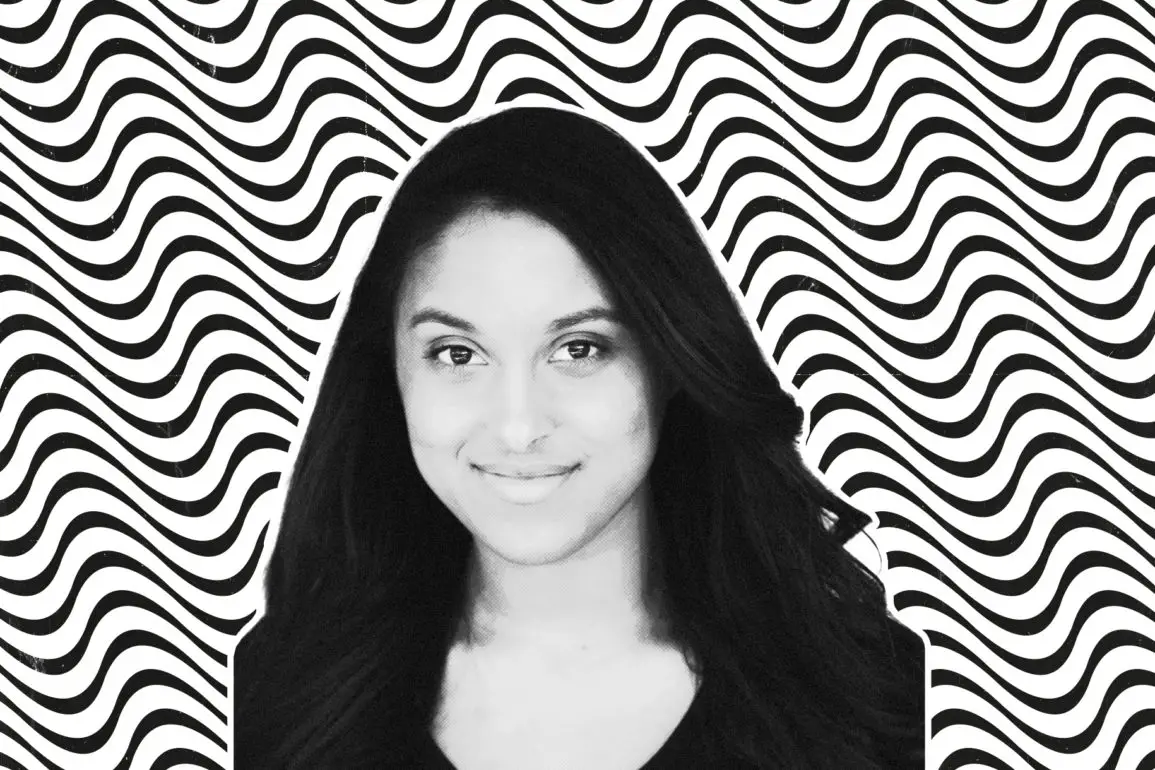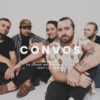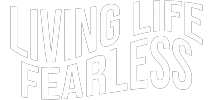Every time the entertainment industry comes to mind, people would easily think and recognize the director, producer, writer, or actors. But little did you know that the unsung heroes that hold the weight and help keep the industry running like a well-oiled machine are the assistants. Some would simply consider this as an entry-level menial job, but the reality is that assistants are actually the gatekeepers that have the power to regulate and decide who gets access to key players in the industry.
We had a conversation with Disney’s Writing Program 2022 Finalist and Netflix assistant to showrunner and producer, Amaris Gagnon, who gave us an insider look into the challenges of breaking into the industry, the creative writing process, and why being an assistant is a pivotal role if you want to get your foot in the door and get access to executives in Hollywood.
How did you start your career in the entertainment industry? What inspired you to pursue
this path?
I grew up in a small town in Western Massachusetts. My love for horror and genre started when I was a kid and I discovered the SyFy channel. I grew up watching Stephen King, The X-Files, and The Twilight Zone.
I started my career in entertainment while I was in college. I studied acting at Loyola Marymount University where I found my love for playwriting, which eventually transitioned to screenwriting. After I graduated, I worked as an actor for a year and then realized I loved writing more and I wanted to focus on that. When I mentally made that adjustment, I needed to basically start over at 23/24. I barely had any office experience. I had a few internships under my belt, but I was highly uncompetitive. I reached out to folks on LinkedIn and social media, talking to producers and anyone who needed a PA on set. I worked for free. I worked for day rates of $125.00. I worked in the rain, but I was working, building a resume, in the trenches.
I’d say what inspired this path was probably theater and my love for storytelling. Which helped me learn my love for movies as well. I owe it all to the stage.
Can you tell us a bit more about your work as an emerging screenwriter? What is your
creative process like?
My creative process starts with an idea or question that I need to ask myself or my intended audience. For example, if I want to talk about grief, I’m going to write down 10 ideas for stories that center around how various characters could deal with loss, death, and what else grief could represent. Then I think about the genre. What KIND of story do I want to tell? A horror? Science fiction? Straight drama? Once I choose the concept, I think about a character and I write a bio for them. I then think about their family (if they have any) and friends. I secondly write down their life, flaws, and motivations. After I write a few character bios I move on to a rough outline. I start with a setup, which is typically 0-5 pages. I rewrite the outline and write a more filled-out one. I then get feedback from my writing community and if it sounds good, I begin my first draft.
How long does it take you to write and develop a story? What usually inspires you to write? Do you oftentimes use particular circumstances or personal experiences to help shape the narrative?
Honestly, it could take me a few weeks to write the first draft, but to complete it in its entirety, could take a few months. It really depends on the feedback and notes I get from my writing community and how fast they can read/give notes to me. If my draft/idea is terrible, then it’s back at square zero. Also, I’m not getting paid to write…so I can go at my own pace. It becomes challenging though when I get interested in my work and I have to speed up the process to finish earlier.
What do producers look for in a screenplay? What important story elements should a screenplay have to get the attention of the industry?
I’m not a producer, but I think they look for some kind of hook, an idea that they haven’t seen anywhere else. A screenplay that isn’t already floating around Hollywood, but something eye-catching, fresh, new, but not too new. You can’t write something so different that no one relates to it or can’t sell it. I honestly don’t know. It’s such a game you have to play.
For an aspiring writer in film and TV, what kind of scripts should they have in their portfolio?
I think it depends on what kind of writer you are. If you want to make movies, then have five features polished and ready to go. If you’re a TV writer, have a couple of pilots and maybe experiment with genre. Maybe have a comedy pilot and a couple of dramas.
What’s your opinion on the notion that you must be based in Los Angeles to be a successful writer in the industry? Is this still necessary today?
I think it was necessary up until Covid. Everything is still very much over zoom, but when Covid becomes normalized and people are back in offices, I’d say it might be time to pack your bags and head over. Yes, you do need to be in LA eventually…but maybe not right now.
What is the collaboration process like in a writer’s room? What have you learned so far working as a writer’s assistant and how does it help you as a screenwriter?
The collaboration process between the staff writers I worked with was listening and giving thoughts respectfully and sharing the space. No one wants to work with someone who is going to shoot down their ideas without considering them first. Also, don’t interrupt people when they’re talking and you’re good. But typically, everyone offered a piece of the pie and contributed their thoughts on how to create our season with the showrunner and producer.
It helped me be a better screenwriter because the way I think about structuring my stories has changed. Also, how I develop my characters and think about diversity is also something I learned.
Aside from being a screenwriter, you also work as an assistant to Hollywood executives. How important are assistants in this industry? Can you tell us what you do as an assistant and how you were able to successfully work for some of the biggest showrunners and companies such as Netflix?
I am an assistant to the showrunner and the producer. I handle their schedules and their day to days. (Outside of Netflix) In an office, you might also be in charge of phones, Fed-Ex shipping, drive on’s, lunch/dinner orders, cleaning the office space, badges, runs, putting together pitch documents, script coverage, and taking notes in meetings.
Assistants are the gatekeepers and the walls to the executives. If you make friends with them, you’re surely going to go far because you won’t get access to anyone without getting through them first. Unless you are intro’d.
I networked with a writer three years prior and that connection paid off, helping me land an interview with Netflix Animation.
How did film festivals, filmmaking competitions, fellowships, internships, etc. play a role in your career? What are some of the competitions or fellowships you know of that are worth applying to?
So, I apply to film/TV competitions on FilmFreeway and I apply to the studio fellowships every year. They help give you deadlines and finish your work. I think being able to say that you placed in a writing competition is better than not saying that. Take a chance on yourself.
I recently was a Finalist for the 2022 Disney Writer’s Program. Although I did not make the cut, it still gave me access to executives and other writers whom I networked with. Plus, it was awesome to be able to put on my resume. Just placing at all in some of these competitions is a huge accomplishment in how competitive they are. Yes, they feel impossible and you won’t make it in for a few years, but keep applying. It’s worth it.
Which films, filmmakers, and writers have been the most inspiring or influential to you and why?
I think one of the most inspiring films I’ve seen that I reference in my own work is probably Halloween, Scream, Jeepers Creepers, The Shining, and It. I’m a huge Stephen King fan. SK helped me with world-building and character development. The horror movies like Scream and Halloween help me think about what kind of horror I want to write and help with learning how to create suspense.
The pandemic has greatly affected the entertainment industry. How did it affect your side of things?
Before Netflix, I was at NBCUniversal working in reality TV. Everything shut down and I was out of a job. I was literally going to work at the grocery store before Netflix called. Writing is something you can do always, for the rest of your life. It didn’t affect it much.
There couldn’t be a more perfect time to be a female filmmaker in the entertainment industry. What were the monumental life lessons, mistakes, and things you’ve learned throughout your career that you would like to share with aspiring or emerging filmmakers and/or creatives in general?
I think the biggest lesson I’ve learned is to take any door that is open to you. When I first graduated, I spent two years messing around because if a job wasn’t in a writer’s room or scripted, I didn’t want it. The lesson is, take what you can get if no other door is open, and run with it. Network and try really hard every day.
What do you think the future of filmmaking would look like? What kind of stories do you think will emerge and capture the attention of producers and executives?
I think animation is going to take over, especially if we get another Covid 2 in the future. I think stories that are based on existing IP are taking over. I don’t know. Things are kind of bleak right now. Sorry. I think if you’re a writer, try writing a book and getting that published.
What’s your advice to aspiring screenwriters who want to break into the entertainment industry?
I’d say, write. Rewrite. Do it again. Get as much feedback as possible and never stop. Be relentless.
What kind of legacy do you want to leave behind as a screenwriter?
I’d love to make a mark in horror. I’d love to work FOR and WITH Jordan Peele. Also working for Blumhouse would be a dream and Mike Flanagan. I love his work. Side Note: Mike Flanagan and I are both from Massachusetts.
Do you have upcoming projects you want to share with us?
Currently, I am polishing a 7th draft of a drama feature and in the third draft of a half-hour pilot.





